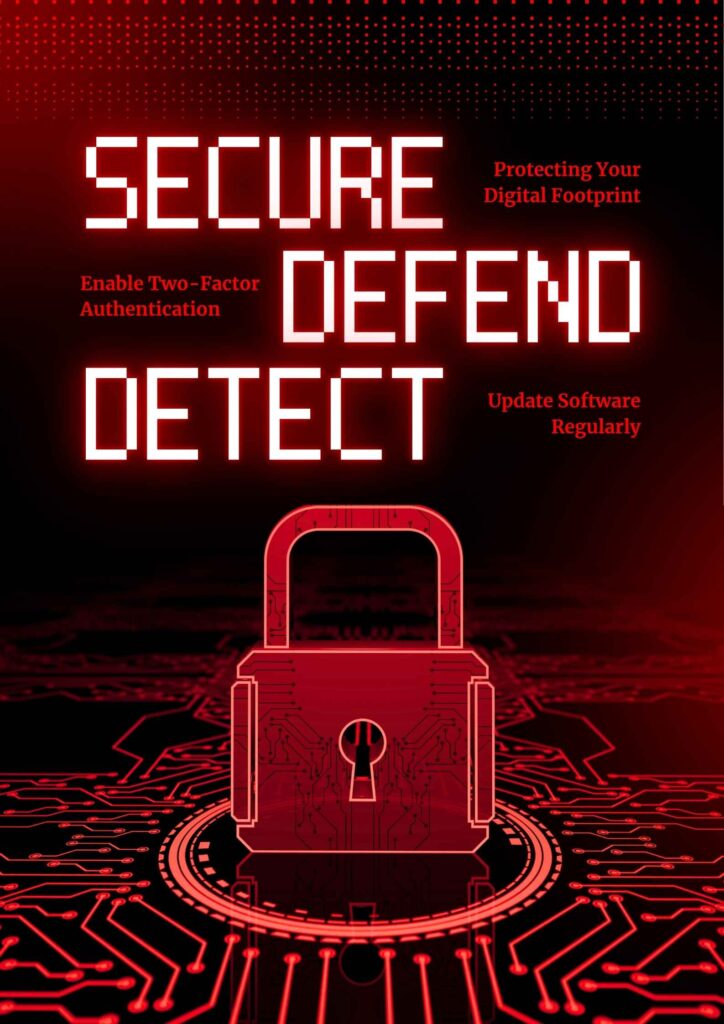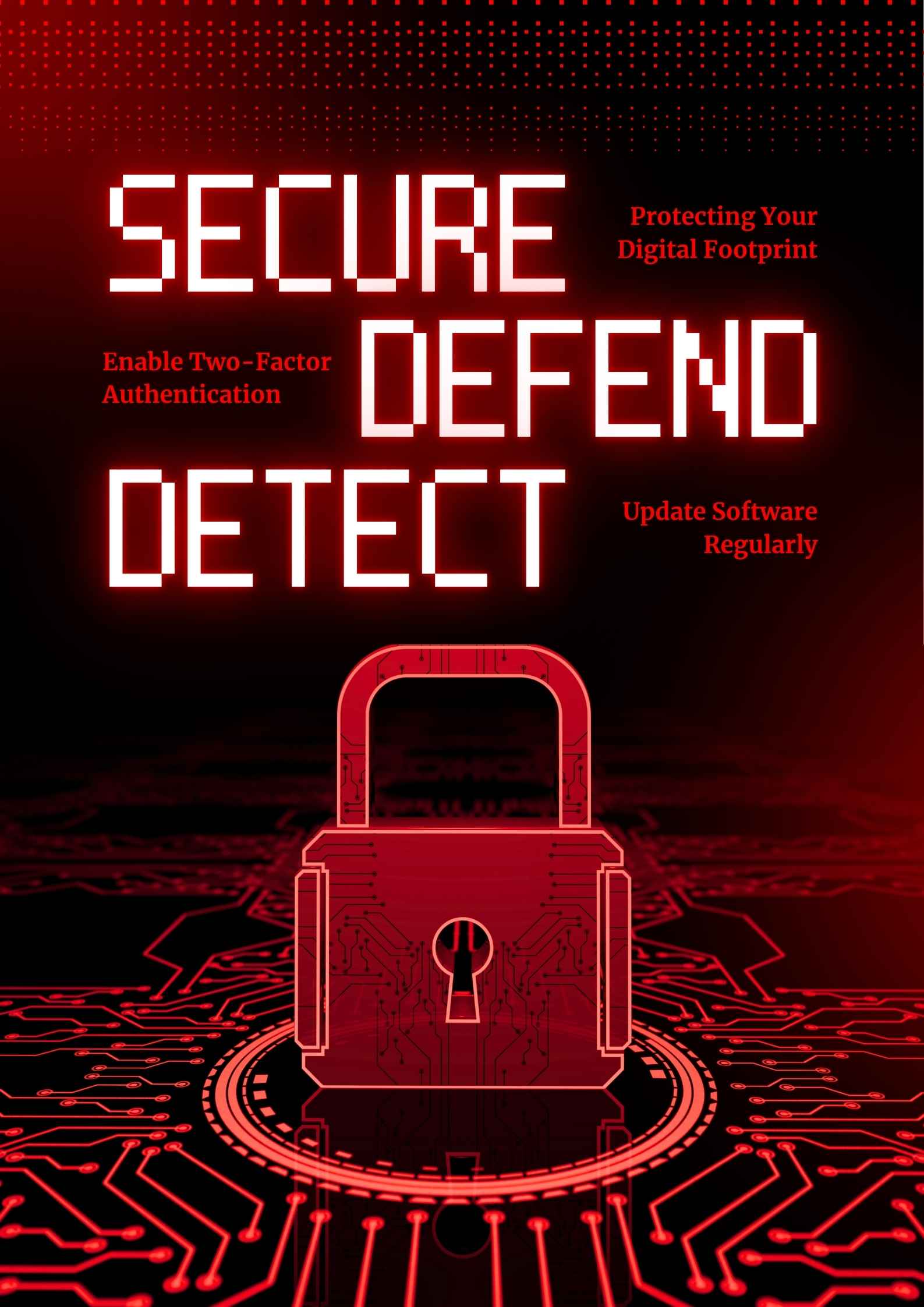A secure network starts with proper deployment. For small and medium-sized businesses in Cyprus, this Fortinet deployment Cyprus guide, can be one of the most cost-effective ways to protect your data and ensure reliable connectivity.
This article explains how to plan, install, and configure a FortiGate firewall in Cyprus—from hardware selection to activation, security policies, and local support options. Whether you manage IT internally or through a local partner such as ACE Networks, this guide will help you complete a smooth and secure Fortinet deployment in Cyprus.
Understanding Fortinet Deployment Cyprus
Fortinet is one of the most widely used security vendors in Cyprus, particularly among SMEs, government departments, and service providers. A proper Fortinet deployment involves more than just plugging in a firewall. It requires structured planning across three key areas:
- Hardware selection – Choosing the correct FortiGate model based on user count and bandwidth.
- Licensing – Activating the right FortiGuard services to match your threat landscape.
- Configuration – Setting up policies, VPNs, and security profiles specific to your network.

Getting these right ensures your FortiGate setup in Cyprus runs efficiently, securely, and within compliance standards like GDPR and ISO 27001.
Step 1: Choosing the Right FortiGate Model
The first step in any Fortinet deployment in Cyprus is selecting the appropriate hardware.
For a small office (up to 25 users), the FortiGate 40F is typically sufficient.
For mid-sized businesses or multi-site branches, the FortiGate 60F or 100F offers more throughput, SD-WAN capabilities, and VPN performance.
Fortinet devices are scalable, so it’s better to slightly over-provision to accommodate future growth or new cloud applications.
Step 2: Licensing and Activation
Licensing determines what security features are active after deployment. In Cyprus, most SMEs begin with the UTP (Unified Threat Protection) bundle, which includes:
- Antivirus and web filtering
- Intrusion prevention (IPS)
- FortiGuard threat intelligence updates
You’ll register your license through FortiCloud, then sync updates directly from Fortinet’s global servers.
For advanced use cases, consider the Enterprise Protection bundle for sandboxing and anti-spam.
Proper licensing ensures your Fortinet deployment maintains real-time protection without gaps.
Step 3: Initial Configuration
Once your device is physically installed and connected:
- Plug your management laptop into Port 1 (LAN).
- Open a browser and visit
192.168.1.99. - Log in as
adminwith no password. - Run the Setup Wizard.
- Configure WAN, DNS, and routing.
- Set a new admin password and enable FortiGuard services.
This initial configuration is the foundation of your FortiGate setup in Cyprus.
Step 4: Building Security Policies
After basic connectivity, create policies that define what traffic can pass through the firewall. A typical Fortinet deployment in Cyprus for an SME includes:
- Internal-to-Internet access (NAT enabled)
- VPN-to-LAN traffic (for remote users)
- Web filtering for employee safety
- IPS and application control profiles
Policies can be cloned, reordered, and refined as your business network grows.
Step 5: Remote Access and VPN Configuration
In a post-COVID era, remote work is common across Cyprus.
Setting up SSL VPN on FortiGate allows remote employees to connect securely:
- Configure a user group in FortiGate or via LDAP.
- Create a portal profile with bandwidth limits.
- Distribute FortiClient or
.ovpnconfiguration files.
This step ensures remote teams stay protected under the same Fortinet firewall deployment standards.
Step 6: Ongoing Management and Local Support
A secure deployment doesn’t end after installation. Maintain your Fortinet deployment by:
- Checking firmware updates quarterly.
- Backing up configurations before every major change.
- Monitoring FortiGuard alerts.
- Scheduling periodic security audits.
Local partners like ACE Networks provide ongoing Fortinet support in Cyprus, including managed firewall services, firmware maintenance, and compliance assessments.
Why This Fortinet Deployment Cyprus Guide Matters
Businesses in Cyprus are increasingly investing in unified security infrastructure to reduce risk and downtime. A well-executed Fortinet deployment ensures stronger perimeter defense, secure cloud connectivity, and faster recovery from potential incidents.
If your organization is planning its next firewall upgrade, compare your options here:
Fortinet vs Palo Alto Feature Comparison
Conclusion
A correct Fortinet deployment in Cyprus provides a complete, scalable security solution tailored to the needs of local businesses. From hardware and licensing to setup and ongoing support, each step contributes to a stable and secure network environment.
To learn more about Fortinet solutions or to schedule a professional deployment, contact ACE Networks — your trusted Fortinet partner in Cyprus.

